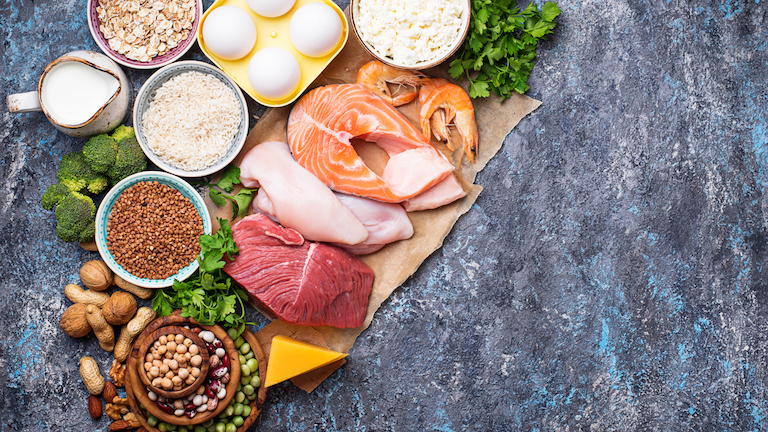Heard all about the ketogenic diet but don’t know where to start? Dr Josh Axe, the world’s leading expert on the whole Keto diet thing, has a plan
Although the ketogenic diet has been around for nearly 100 years, it has really risen in popularity only recently. Originally developed to treat epilepsy in the 1920s, researchers have now unearthed a long list of health benefits associated with the diet, which range from faster weight loss to better blood sugar control and beyond.
What is the ketogenic diet anyway?
The ketogenic diet involves restricting carbohydrate intake to deprive your body of its main source of energy: glucose. Instead, your body starts breaking down fat to produce ketones, which can be used as an alternate source of fuel in place of glucose. This also forces your body into ketosis, a metabolic state in which your body switches from a sugar-burner to a fat-burner.
The ketogenic diet has been linked to weight loss, blood sugar control, lower cholesterol levels, and protection against Alzheimer’s and Parkinson’s
The ketogenic diet may be a good option if you’re looking to shed extra pounds or boost fat-burning, especially if you’ve found that other diets and weight loss plans haven’t worked for you in the past.
Because it’s designed to be followed short-term, it can also be a good way to help foster healthy eating habits long-term by emphasizing the importance of healthy fats, high-quality proteins and fiber-rich foods as part of a nutritious, well-rounded diet.
In addition to kickstarting weight loss, the ketogenic diet has also been linked to a number of other health benefits. In fact, some studies suggest that this powerful eating pattern could improve blood sugar control, lower cholesterol levels, and protect against neurodegenerative disorders like Alzheimer’s disease and Parkinson’s.
Fortunately, following a ketogenic diet doesn’t have to be complicated, confusing or time-consuming. Let’s take a look at my top 10 steps for getting started on keto.
#1 Set macronutrient goals

Protein, fat and carbs are the three main macronutrients in the diet, and your intake of all three should be closely monitored when following a healthy keto diet.
Because the ketogenic diet works by depriving your body of glucose and pushing it into a state of ketosis, it’s incredibly important to calculate your “keto macros” — protein, fat and carb needs — carefully to ensure success.
There are plenty of keto calculators out there that make it easy to determine exactly how many grams of each that you should be consuming. However, as a general rule of thumb, aim for 30-50 grams of net carbs per day from fiber-rich foods like low-sugar fruits and veggies.
Additionally, be sure that 15-20 percent of your total daily calories are coming from protein with about 70-80 percent from healthy sources of fat.
#2 Plan out your meals
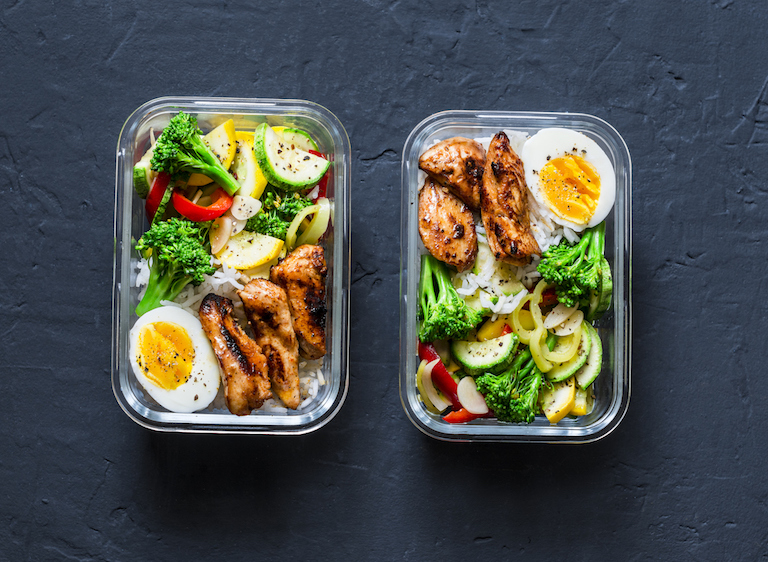
Planning your meals in advance can help save time and energy throughout the week while also making it easier to stick to your macronutrient goals.
Mix and match your favorite keto recipes to help fill your diet with nutrient-rich, flavor-packed foods that fit within your daily allotments for carbs and protein. Then, prepare a shopping list and load up on healthy ingredients to use throughout the week.
#3 Start cutting carbs

Ideally, carb consumption on the keto diet should be limited to 30-50 grams of net carbs per day, which can be calculated by subtracting the grams of fiber in a food from the total grams of carbs.
Cutting back on carbs is absolutely essential to reaching ketosis, and even going a few grams over your carb goals can seriously slow your progress. Stick to high-fiber foods like non-starchy vegetables and low-sugar fruits while limiting your intake of sugary snacks, bread, pasta, cereal and grains.
#4 Increase healthy fat intake
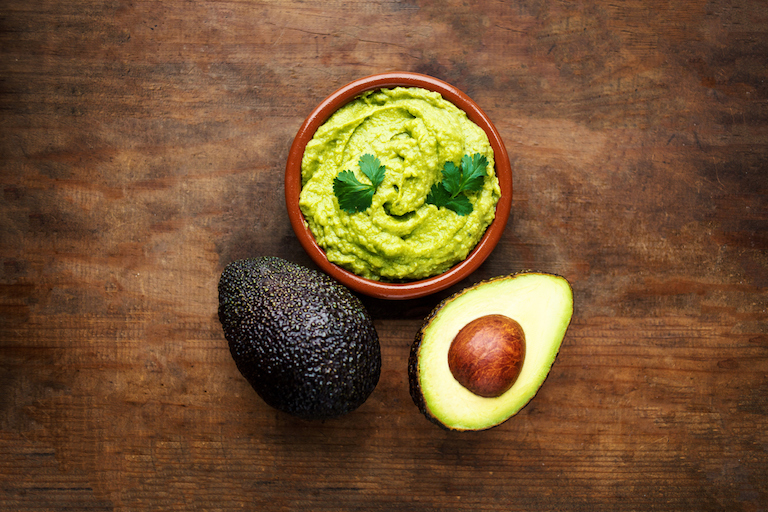
Filling up on healthy fats can provide your body with the fuel it needs to produce ketones, which are used for energy when glucose stores start running low.
70-80 percent of your daily calories should come from fat, so it’s important to choose wisely and select healthy fats like nuts, coconut oil, ghee, olive oil and avocados whenever possible.
#5 Pick nutritious protein sources
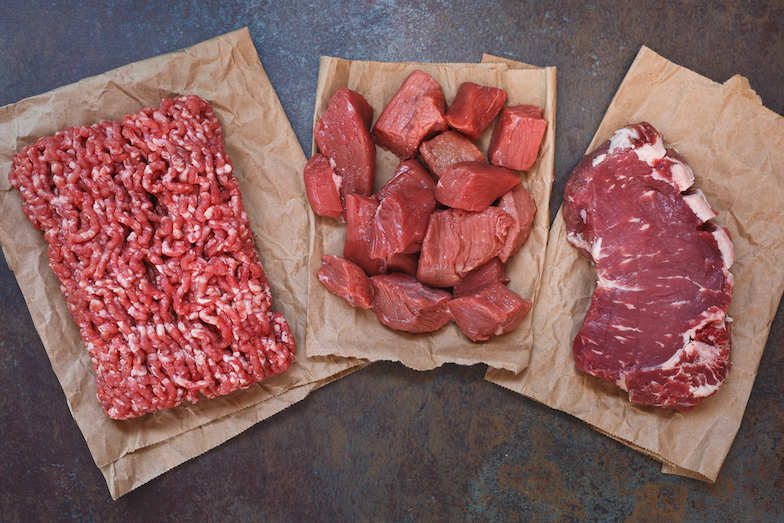
A nutritious keto diet wouldn’t be complete without a moderate amount of high-quality protein, ideally from foods like grass-fed beef, wild-caught fish or free-range eggs.
However, be careful not to go overboard on the protein foods; excess amounts of protein can be converted to glucose by the body, bringing you out of ketosis and setting back your progress.
Try to get around 15-20 percent of daily calories from protein, which is enough to support muscle growth and cell function without compromising your transition into ketosis.
#6 Drink plenty of water
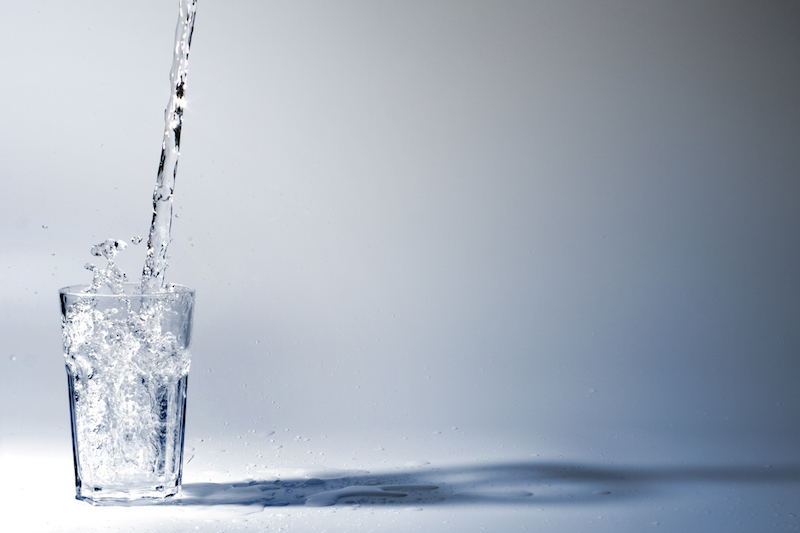
Proper hydration is key to the ketogenic diet, especially when you’re first starting out. This is because dehydration can amplify symptoms of the keto flu, which is a term used to describe the side effects often experienced as the body slowly shifts into a state of ketosis. These can include nausea, constipation, headache, stomach pain and poor concentration.
To stay well-hydrated, be sure to include a variety of hydrating foods in your diet, including keto fruits, veggies or bone broth. You should also try to keep water on hand at all times, which can make it much easier to remember to drink throughout the day.
#7 Replete your electrolytes
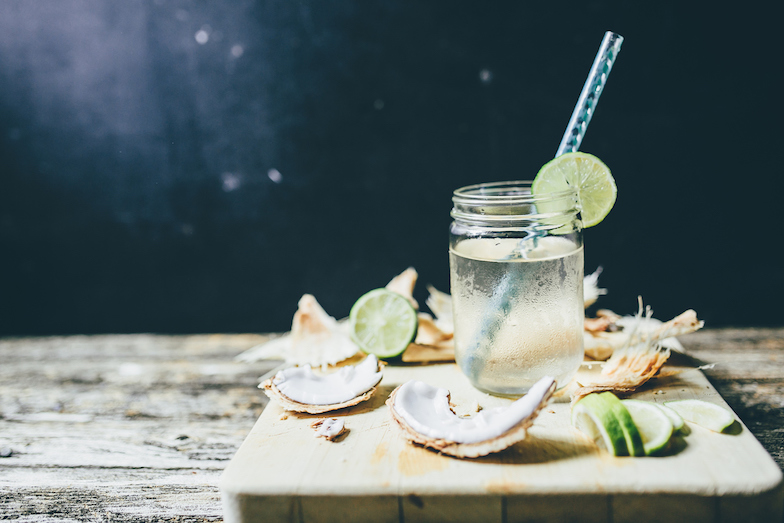
On the ketogenic diet, your body tends to lose electrolytes much more rapidly as the kidneys begin quickly flushing out extra sodium through the urine. This can cause electrolyte levels to plummet, which can worsen keto flu symptoms and cause side effects like fatigue, brain fog and indigestion.
Incorporating a good variety of keto-friendly fruits and vegetables into your diet can help replete your electrolytes to curb the keto flu. Coconut water and sea salt are also great add-ons for a quick and convenient boost of electrolytes like magnesium, potassium and sodium.
#8 Consider keto supplements
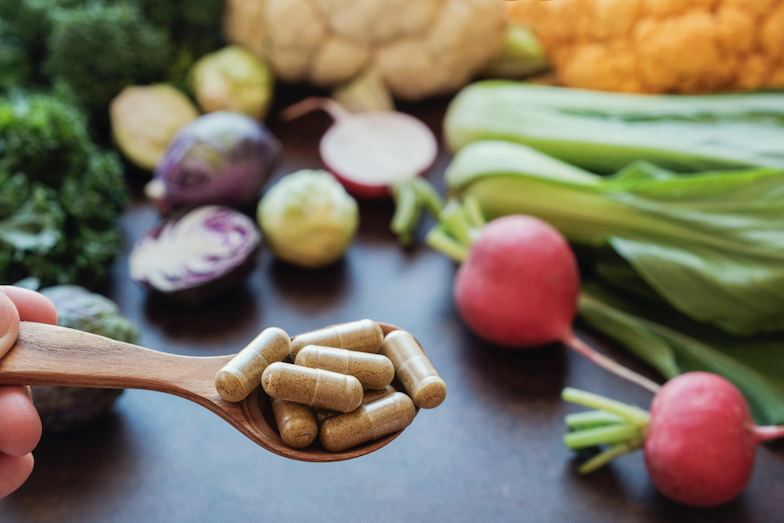
In addition to monitoring macronutrient intake, many also opt to use keto supplements to help meet their nutrient needs and bring the benefits of the ketogenic diet to the next level. MCT oil, for example, can ramp up fat intake and make it easier to hit your goals.
Meanwhile, taking exogenous ketones is thought to help you reach ketosis faster to speed up results. Other supplements such as omega-3 fatty acids, magnesium and greens powders can also be used to fill in any nutritional gaps and round out a healthy diet. Try BioCare’s MegaEPA £10.95 for 30, Floradix Magnesium Mineral Supplement £9.09 for 250ml and Bioglan’s Supergreen’s Berry Burst powders £19.99 for 100g.
#9 Stay active

Diet is just one piece of the puzzle when it comes to better health. In fact, getting plenty of physical activity is just as important when it comes to weight loss, heart health and disease prevention.
It’s typically recommended to squeeze in at least 150 minutes of moderate-intensity activity or 75 minutes of vigorous activity per week, with at least two sessions of resistance training per week as well.
Jogging, swimming, cycling and hiking are a few examples of easy and fun ways to fit more physical activity into your day.
#10 Maintain a healthy lifestyle

Besides switching up what you’re putting on your plate, there are several other lifestyle modifications you may want to consider. For best results, keep stress levels to a minimum by practicing relaxation techniques such as meditation or yoga.
Sleep can also have an impact on overall wellness, so be sure to set a regular sleep schedule and shoot for at least eight hours of sleep each night.
Meet the writer:
Dr. Josh Axe, DC, DNM, CNS, is a doctor of chiropractic, doctor of natural medicine, clinical nutritionist and author with a passion to help people get well using food as medicine.
He operates DrAxe.com, with over 15 million unique visitors every month, and is co-founder of Ancient Nutrition, a health company that provides history’s healthiest whole food nutrients to the modern world.
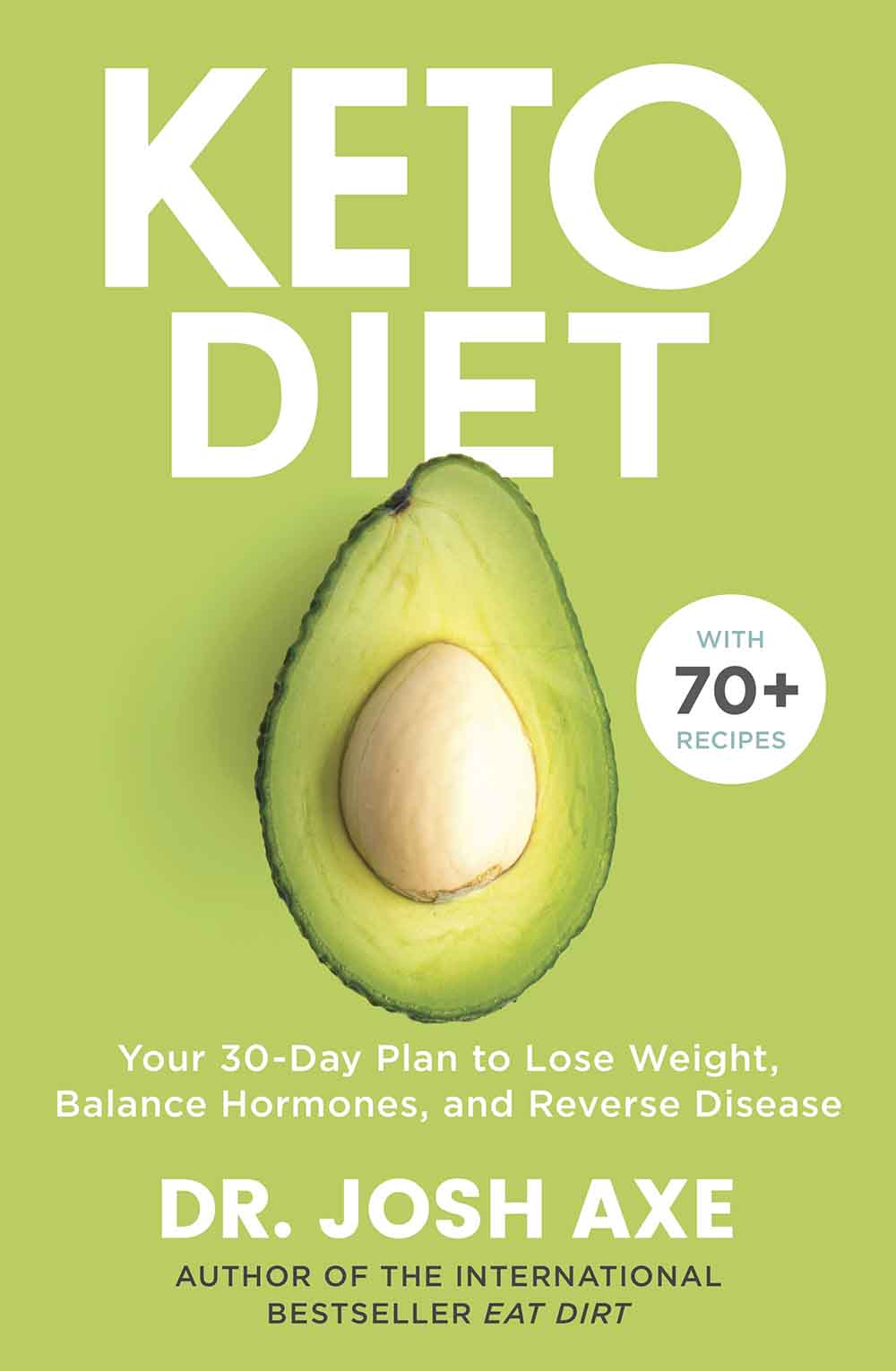
Keto Diet: Your 30-Day Plan to Lose Weight, Balance Hormones and Reserve Disease is available to buy on Amazon.
More from Healthista:
9 indigestion causes and exactly how to fix them
The mood food diet – 7 days of recipes to make you happier
17 ways to get a more nutrient rich diet
7 alkaline diet secrets from the world’s most famous weight loss clinic
6 diet tips to boost your energy at work
Like this article? Sign up to our newsletter to get more articles like this delivered straight to your inbox.



